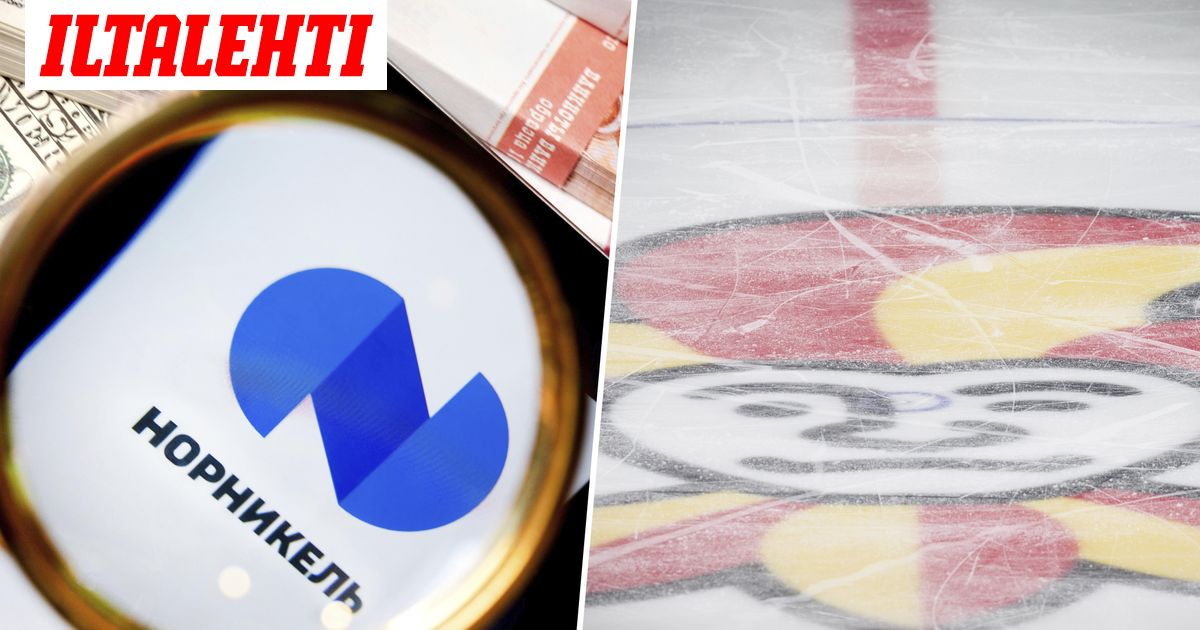The screw is tightening on Russian chip makers as America moves to further cut off semiconductor supplies to Vladimir Putin's regime.
The US last month, in response to the bloody invasion of Ukraine, issued sanctions banning the export of, among many other things, American
semiconductor technologies to Russia.
Then this week, the US Department of Commerce warned Chinese companies to fall in line with these sanctions, or face
secondary punishment. It's tough to design, develop, and manufacture modern processors and other integrated circuits without to some degree using American hardware and software – as Russia is now cut off from – and a lot of chips pass through China.
Russia's chip makers aren't major global players, and have been quiet about the impact of sanctions. Signs are emerging that these companies are buckling under the pressure, and facing an uncertain future.
For instance, Russian media
reported that billionaire oligarch Alisher Usmanov, who has been sanctioned by the US, is trying to get rid of his stake in Yadro, which designs RISC-V processors through its subsidiaries. Yadro makes OpenPOWER-compatible servers, and also designs RISC-V chips via subsidiary Syntacore.
RISC-V International, the instruction set architecture's Switzerland-headquartered steering body, did not respond to a request for comment on how it was addressing sanctions placed on its Russian member companies. The organization has historically taken a neutral stance given the architecture's open-source nature. We note that Switzerland has supported some sanctions against Russia.
Another Russian chip house, Baikal Electronics, which designs SPARC and Arm-based chips, has big banner on its
website with the title: "Under construction."
It isn't clear if Baikal has suspended operations or had its website compromised. The site was up as normal until earlier this week; the biz had not made a statement on the war. Baikal gets its chips made by TSMC, which has stopped shipments to Russia.

www.hs.fi

www.iltalehti.fi

yle.fi










